
Digital marketing involves promoting your business through online channels such as search engines, websites, social media platforms, and mobile apps. These methods can significantly expand your reach, allowing you to effectively market your products, services, and brand. Deciding to invest in digital marketing is a smart choice, but it’s important to understand that the field is broad and complex. There’s no universal ‘handbook’ to follow; success largely depends on the expertise, professionalism, and experience of the marketer. Mastering digital marketing can drive substantial growth for your business, especially considering that nearly 48% of consumers begin their research on search engines (most notably Google).
To maximize the potential of digital marketing, marketers must delve deeply into a business’s specifics to craft impactful strategies. This includes tasks like keyword research, selecting target demographics, creating relevant content, and optimizing websites. When done correctly, these strategies not only increase visibility but also improve customer retention. In this article, I’ll outline key digital marketing strategies and how they can help you decide if digital marketing is the right step for your business.
SEO is arguably the most complex and technical aspect of digital marketing, but it’s also one of the most effective long-term strategies. Search engines, particularly Google, use complex algorithms to rank websites based on various factors such as site structure, relevance to the target audience, functionality (including speed and responsiveness), and the trustworthiness of your content. A skilled marketer will explore your business thoroughly and create precise, informative, and relevant content. Additionally, technical aspects like image and font optimization, site speed, and structure play crucial roles in SEO success. It’s also important to identify ‘money pages’—the pages with the highest traffic potential—and focus efforts there. Essentially, SEO is like a grading system: the better your site performs in these areas, the higher it will rank on search engines. Tools like Google PageSpeed Insights can help track your SEO progress. The most popular search engine in the world is, undoubtedly, ‘Google.’ At the time of writing, there are about 10 ‘oraganic’ search results in one google page along with about 7 pay-per-click ads (paid ads). It is important to understand that most searchers won’t even bother to look beyond the first page, so the first page is exactly where we want to be. To summarize – google expects you to make a lot of effort if you wish to be ranked high on its platform. A good tool that can help you to track your SEO progress is Google PageSpeed Insights, which ranks your website from 1-100 sorted by different performance and SEO categories.
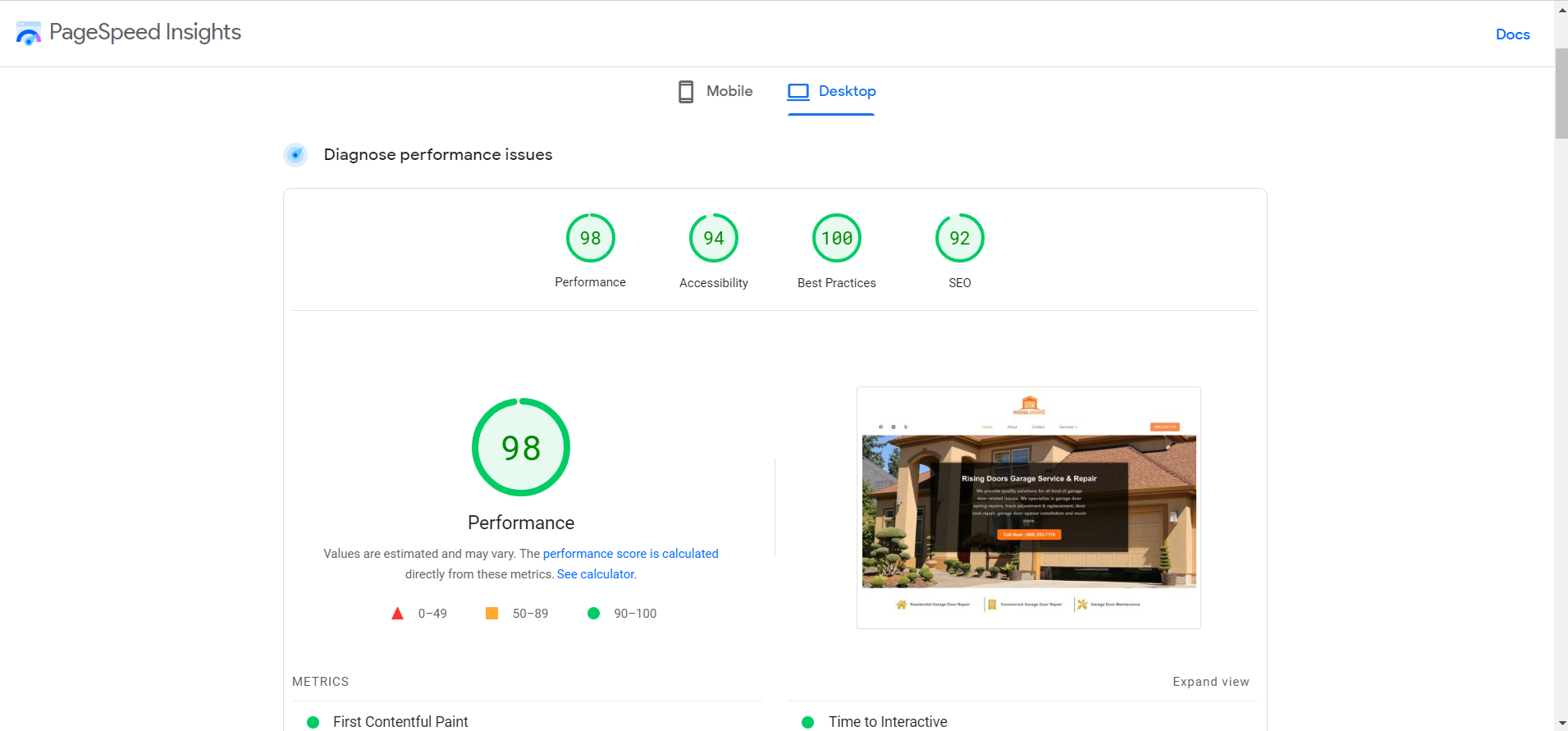
PPC stands for ‘pay per click’. Unlike SEO which depends solely on the quality of your website and its content, PPC can be defined as a ‘bidding war.’ Based on a ‘keyword research’ (researching the relevant idustry and detrmining the most efficient and relevant key phrases that are likely to attract the most online traffic), the marketer will create online ads om popular platforns such as ‘Google’, ‘Facebook’, ‘Instagram’, ‘TikTok’ and more. The ad will include one or more relevant key phrases for your business. Ideally, our ad will appear each time someone will ‘google’ one of those key phrases and if your ad is ‘clicked’ you will be charged for it. So, in short, you will pay a certain amount of money each time someone ‘clicks’ on your ad (which will take them to your website in most cases, although there are other types of ads such as ‘phone ads’ for example). Google has a set price for each keyword which is determined mainly by a combination of competition (how many advertisers use this specific term) and how often on average users search for this term on a monthly basis. Prices per click vary and can be as low as 1 cent and as high as a few hundred dollars. It is up to the marketer to come up with the most efficient ads, both relevance and price wise. As a rule of thumb, the higher your advertising budget is – the more flexibility it gives to the marketer to ensure your ad will rank higher. Similarly to SEO, the success of a PPC campaign highly depends on the marketer. In order to maximize the potential, the marketer will have to choose the right phrasing for the ads and the right content to link to it. Also, they need to constantly test the ads and monitor statistics such as number of clicks, CTR, conversion rates and more.
Social media has a big chunk of online traffic. It is recommended for your business to have at least a few social media accounts on platforms such as Facebook, Twitter, Instagram, YouTube, LinkedIn and more. Also, it is important to create possibilities for your audience to engage with your content and create peer-to-peer opportunities so that consumers will be able to share your content.
Email is still the quickest and most direct way to reach customers with critical information. Mobile phones are in each pocket and are checked constantly throughout the day. A good marketer will save emails and phone numbers of customers, and occasionally will create a campaign that will be engaging, informative, relevant and entertaining. It is important not to ‘overkill’ it though, as too much communication can create a negative sentiment.
Having a strong branding is essential for a success of a business. If you have not already done so, you should create a High quality and unique logo, business cards with relevant contact information, attractive discount coupons and more. Also, it is essential to effectively manage a client list and keep important information such as names, emails, phone numbers and even a few notes that are specific to each customer.
Finally, It is very important to tie up all your digital marketing together. Without it, your campaign will look like an unfinished puzzle. Marketing automation software can give us a very accurate and specific information by measuring marketing tasks, results, map our audience demographics by a variety of variables, calculate ROI (return on investment) and much more. This way a marketer can gain a valuable insight into which programs and strategies are working and which are not. In general, a good marketing campaign must be constantly monitored and improved for it to keep generating results and reach its full potential. Google provides excellent automation software such as ‘Google Search Console’ and ‘Google Analytics’
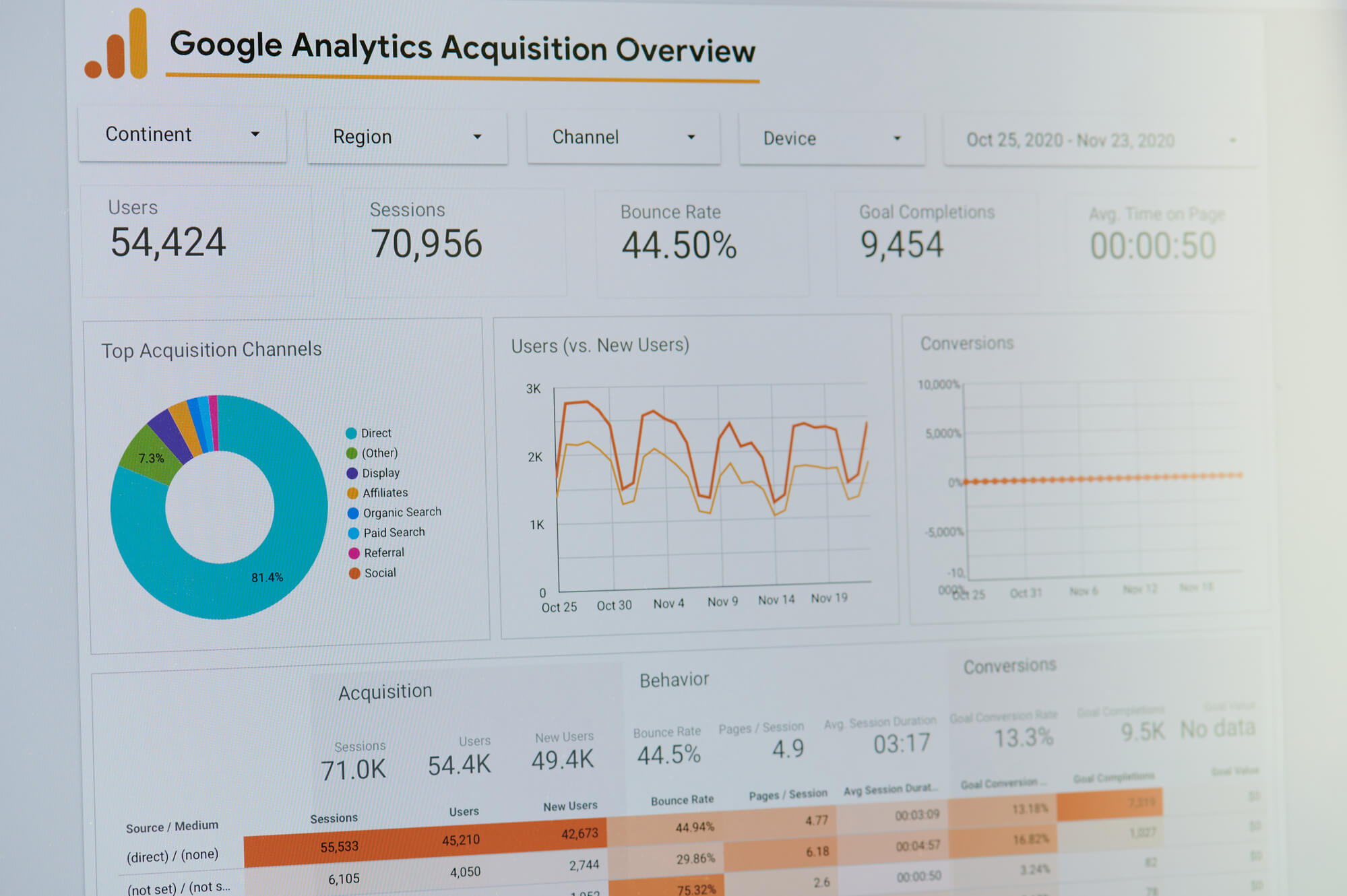
KPI are indicators that are monitoring the progress of digital marketing campaigns. A constant improvement in them is an indication that we are on the right track. It is especially important to make sure that your marketer is highly transparent about it. In addition, a good idea will be to set specific goals ahead of time, and see whether we are reaching them. Here are the main indicators we should track:
Probably the most important one. Choose a deadline and a ‘break even point.’ Set a specific timeline where you expect to see a certain gain. For example, supposedly you own a beuty spa and have decided invest 500$ a month in digital marketing. Your goal should be declared in a similar manner to: ‘after 6 months I expect to see 10% growth in number of monthly memberships. After 9 months, I expect to see 15% growth’ and so on. Obviously, eventually, the growth in revenue should at least exceed the retainer amount you are paying over a certain period (in our example, your revenue should increase by more than a 500$ a month). Set a deadline for the final assessment. Typically, for SEO, 6-9 months after you start working with a marketer is a reasonable time. With PPC the results are suppose to come much sooner, depending on your budget. In any case, the important thing is to see constant progress and improvement in our statistics.
The percentage of users who clicked on your website’s link out of the total users who got exposed to it. For example, In a certain month 3,000 people got your website as a search result (commonly defined ‘impressions’), and 500 of them clicked on the link. Our CTR is 16.6% (which considered good). As with ROI, it is important to set goals and deadlines. The CTR is an extremely useful tool since if it is lower than expected, it gives us a pretty good idea as to which specific part of the marketing doesn’t work properly. For example if there is a high amount of impressions and a low CTR, It means that we chose good search key phrases, But the ad itself and its the relevance to the topic can be improved.
Measures how many consumers contacted us by leaving their details or calling. Obviously this is extremely important because ultimately, this is our final goal.
Unfortunately, no. Marketers cannot control search engine ratings, and if someone is promising you a specific outcome, you should be suspicious in regards to that person. With that being said, creating a high quality, well managed consistent marketing strategy definitely has a high potential to improve your site’s traffic which is likely to result in a significant increase in business revenue.
The short answer is – it depends. If you’ll choose the PPC strategy, depending on your advertising budget, you can start seeing results in a matter of days. An SEO strategy on the other hand is a different story. I like to look at PPC is a “sprint” and SEO is a “marathon”. The results of SEO stay for the long run, while with PPC it is a matter of cash flow – once it runs out, your paid ads won’t show anymore and you can lose a significant chunk of the previous traffic. With SEO we will probably see initial results in the first few days, however achieving substantial traffic increase can take up to a few months. Also, there are a few other parameters in this equation such as the level of competition in your field, your budget, the starting point of your website and the marketer’s level of skill and expertise.
The way I see it, in the modern era every business should have some degree of online presence and marketing. With that being said, the amount of resources and efforts that you should put into it depends on a variety of factors. For example, do you have commerce website or just an image website? Are you trying to sell a product, or just want to create an additional way for people to interact with you and ‘spread the rumor’? How strong is your existing client database? To what extent do you want or able to expand it? Besides that, Once starting the process, it is important to ‘learn on the go.’ As mentioned, part of a succesful campaign is to constantly check and monitor our work. When enough time is passed, It will become more clear whether digital marketing is working for you or not.
It depends on the marketer. In those cases, it is a common courtesy for a marketer to guide and give you instructions on how to preserve the results you achieved up to this point. With that being said, a successful campaign requires a lot of work, patience and constant learning and improving. If you didn’t get the results you desire, it doesn’t necessarily means it’s not working. It is not a magic process and it can take time. The famous saying of ‘if you’re not going forward – you’re drifting backwards’ is extremely true for this situation. You need to remember that almost every business environment is highly competitive, and it is highly likely that a decent amount of your competitors have digital campaigns running. Both SEO and PPC requiare constant work, monitoring and improving. So, my genuine advice is – if you started the process, try to do your best to stick with it for the long run to get optimal results.
You definitely can if you have even a minimal incline to web technology. With that being said, it is important to remember that creating a successful campaign requires putting a lot of time and effort into it. The initial investment of launching a successful campaign requires studying the marketing platforms and requirements of different search engines, figuring out what tools should be used in practical terms, creating valuable content, creating a high quality responsive website (if you don’t have one) and more. After that, as a rule of thumb, you will need to dedicate about 2-3 hours a day on average for updates, monitazation, quality assurance, maintenance and more. If you can balance your time efficiently with your other commitments, go for it. If not, hiring a professional will probably be a better idea.
First of all, welcome on board. In the primary step, we’ll schedule a 30-45 minutes chat over zoom (or over coffee, If somehow we live in the same area). I’ll gather as much information as I can about your business – how it operates, the marketing strategies you used so far, your demographic audience and most important – what are your goals and expectations for future growth. Next, I’ll take some time to explore your competitors and will perform a keyword research. Once I’ll have all the information, we’ll decide together on the right marketing strategy for you and set specific campaign goals. Once everything is agreed, I’ll start doing what I do best – make my clients happy.
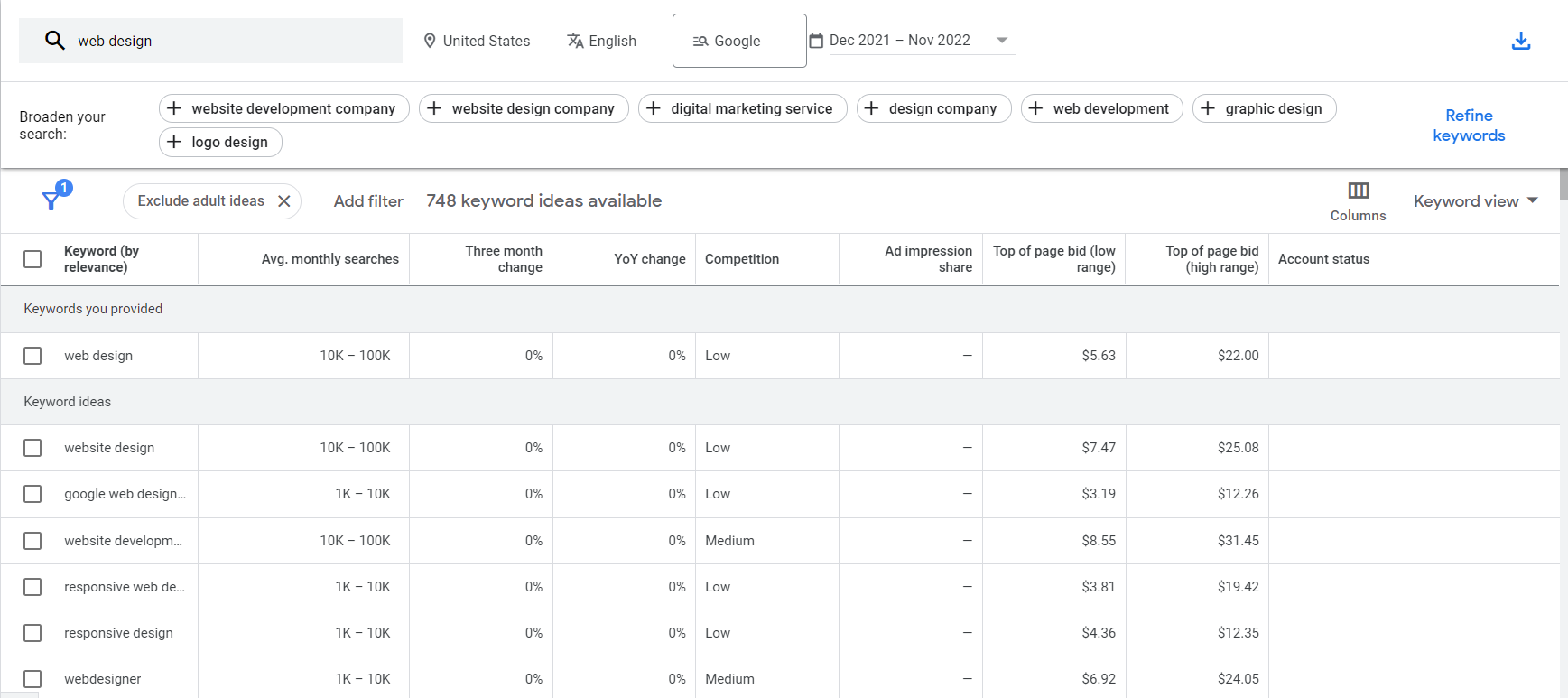

In today’s digital landscape, where websites are crucial for business operations, personal blogs, and online transactions...

When you get a visitor on your website, the technical process that occurs is that data is sent from your web server to the visitor’s...
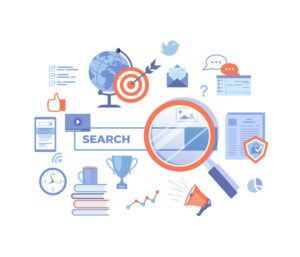
The content is often referred as “the king of the web.” Content marketing is a sub-category of SEO (Search Engine Optimization), but in practicality it...

E-Commerce has been around since the early 90’s with Amazon being the pioneer, the concept gained an extreme traction during the recent years and today...
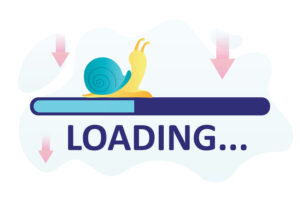
Search engines utilize advanced algorithms to assess website performance. These algorithms test a large amount of parameters, each of which deserve it’s on article. Here,...

You have decided you are ready to create a website. Congratulations. During my journey, I came across people who believed that designing a website is...

You have decided you are ready to create a website. Congratulations. During my journey, I came across people who believed that designing a website is...

In today’s digital landscape, where websites are crucial for business operations, personal blogs, and online transactions...

When you get a visitor on your website, the technical process that occurs is that data is sent from your web server to the visitor’s...

The content is often referred as “the king of the web.” Content marketing is a sub-category of SEO (Search Engine Optimization), but in practicality it...

E-Commerce has been around since the early 90’s with Amazon being the pioneer, the concept gained an extreme traction during the recent years and today...

Search engines utilize advanced algorithms to assess website performance. These algorithms test a large amount of parameters, each of which deserve it’s on article. Here,...

You have decided you are ready to create a website. Congratulations. During my journey, I came across people who believed that designing a website is...

You have decided you are ready to create a website. Congratulations. During my journey, I came across people who believed that designing a website is...
Leave your details and we will get back to you promptly
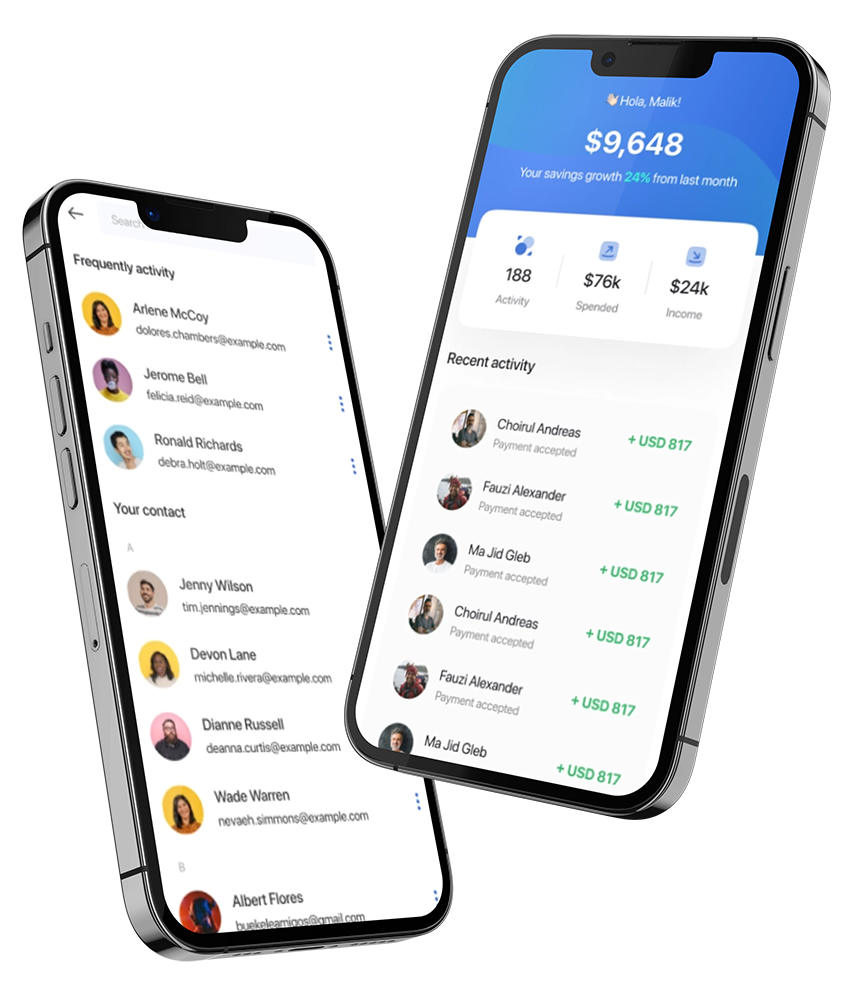
Social Media Marketing.